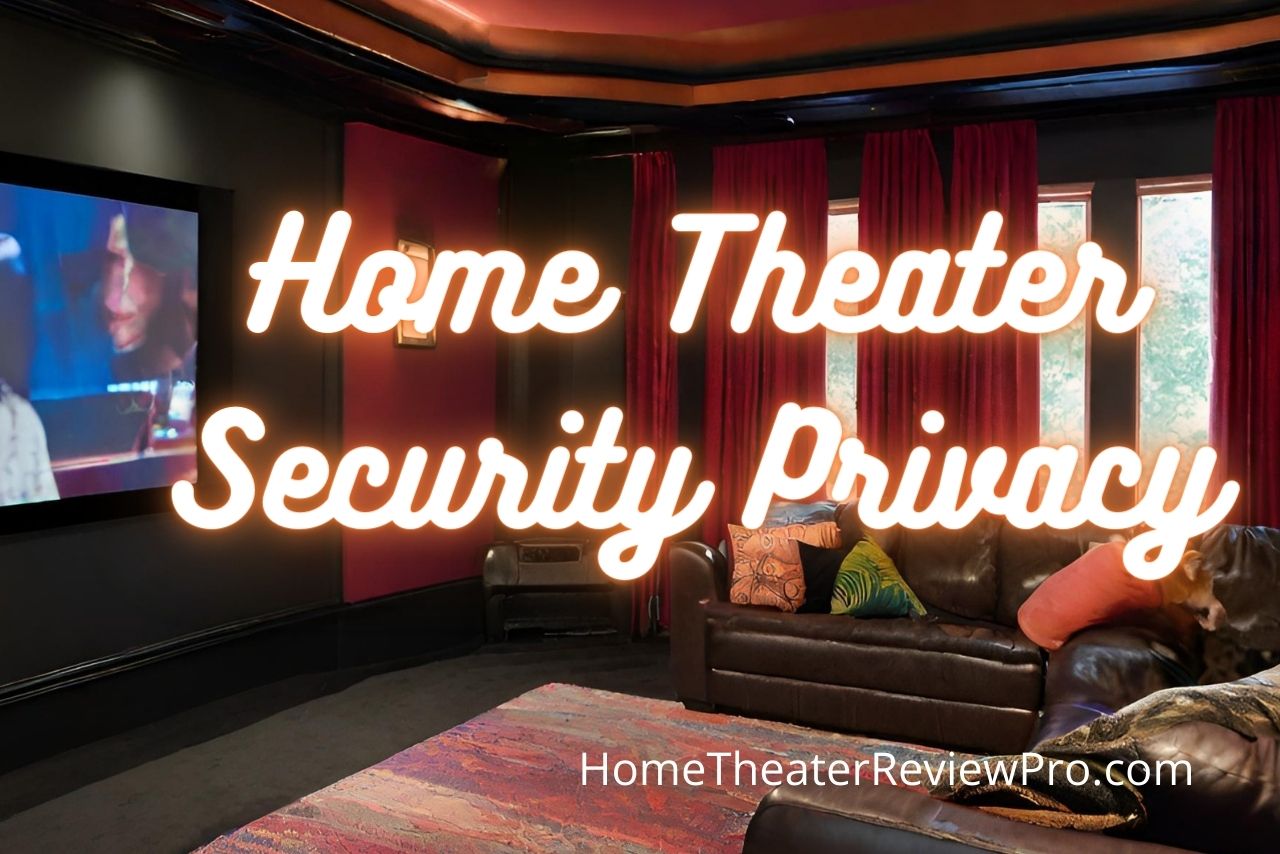
In today’s interconnected world, smart home theaters have become a popular addition to modern households. These high-tech entertainment hubs offer convenience, automation, and immersive experiences like never before. However, along with these benefits come concerns about security and privacy. Protecting your smart home theater from potential vulnerabilities and safeguarding your personal data is crucial. In this article, we’ll explore how you can enhance security and privacy in your smart home theater.
Voice Recognition and Security Features
Voice recognition technology is at the core of many smart home theater systems. It allows you to control your devices, adjust settings, and interact with your entertainment system using voice commands. While it adds convenience, it also raises security and privacy considerations.
Pros of Voice Recognition:
Convenience: Voice control simplifies interaction with your home theater, eliminating the need for remote controls and manual adjustments.
Accessibility: Voice commands can make home theaters more accessible for individuals with mobility or visual impairments.
Enhanced User Experience: It can enhance the overall user experience, making it more enjoyable.
Cons of Voice Recognition:
Privacy Concerns: Voice data collected by voice assistants may be stored and potentially accessed by third parties, raising privacy concerns.
Security Risks: If not properly secured, voice assistants can be susceptible to hacking or unauthorized access, potentially compromising your smart home.
To address these concerns, follow these essential steps to enhance security and privacy in your smart home theater:
Manage Device Permissions
Regularly review and manage device permissions. Revoke access for devices or apps that no longer need it.
Be cautious when granting permissions to third-party apps or services. Limit access to only what is necessary.
Enable Multi-Factor Authentication (MFA)
Enable multi-factor authentication whenever possible, especially for devices that provide remote access to your home theater system.
MFA adds an extra layer of security, requiring additional verification beyond a password or PIN.
Secure Your Wi-Fi Network
Ensure your home Wi-Fi network is secure with a strong, unique password.
Use WPA3 encryption for improved security.
Regularly update your router’s firmware to protect against known vulnerabilities.
Update and Patch Regularly
Keep all your smart home theater devices, including voice assistants, up to date with the latest firmware and software updates.
Manufacturers release updates to address security vulnerabilities, so timely updates are crucial.
Implement Network Segmentation
Consider segmenting your network to separate your smart home theater devices from other IoT devices and your main network.
This can limit the potential attack surface and protect your more sensitive devices.
Educate Family Members
Educate everyone in your household about the importance of security and privacy.
Teach them how to recognize phishing attempts and how to use voice assistants securely.
Disable Unused Features
If your voice assistant has features you don’t use, consider disabling them.
This can reduce the potential attack surface and minimize data collection.
Review Voice Assistant Recordings
Periodically review and delete voice assistant recordings from your device.
Many voice assistants allow you to manage your voice history through settings.
Invest in Privacy-Focused Devices
Consider purchasing smart home theater devices and voice assistants from companies with a strong focus on user privacy and data protection.
Monitor Device Activity
Use network monitoring tools or apps to keep an eye on the activity of your smart home theater devices.
This can help you detect any unusual or unauthorized access.
By implementing these security and privacy measures, you can enjoy the convenience and entertainment value of your smart home theater while minimizing the associated risks. Stay proactive in keeping your system secure, and regularly review and update your privacy settings to maintain a safe and enjoyable home theater experience. With the right precautions, you can have both convenience and peace of mind.






